A groundbreaking study suggests that Parkinson’s disease may begin in the kidneys, where a toxic protein builds up and travels to the brain. This discovery could reshape our understanding of the disease’s origins and risk factors.
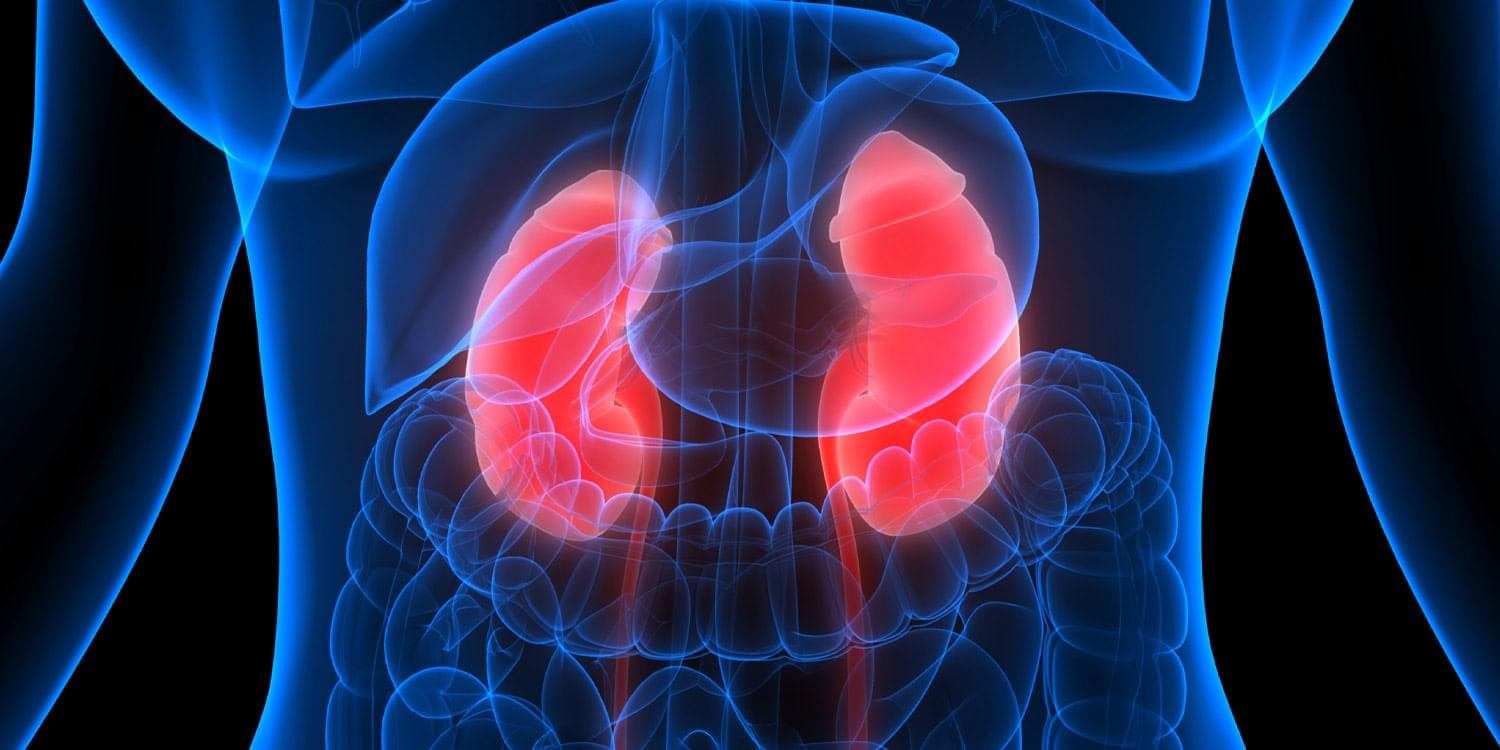

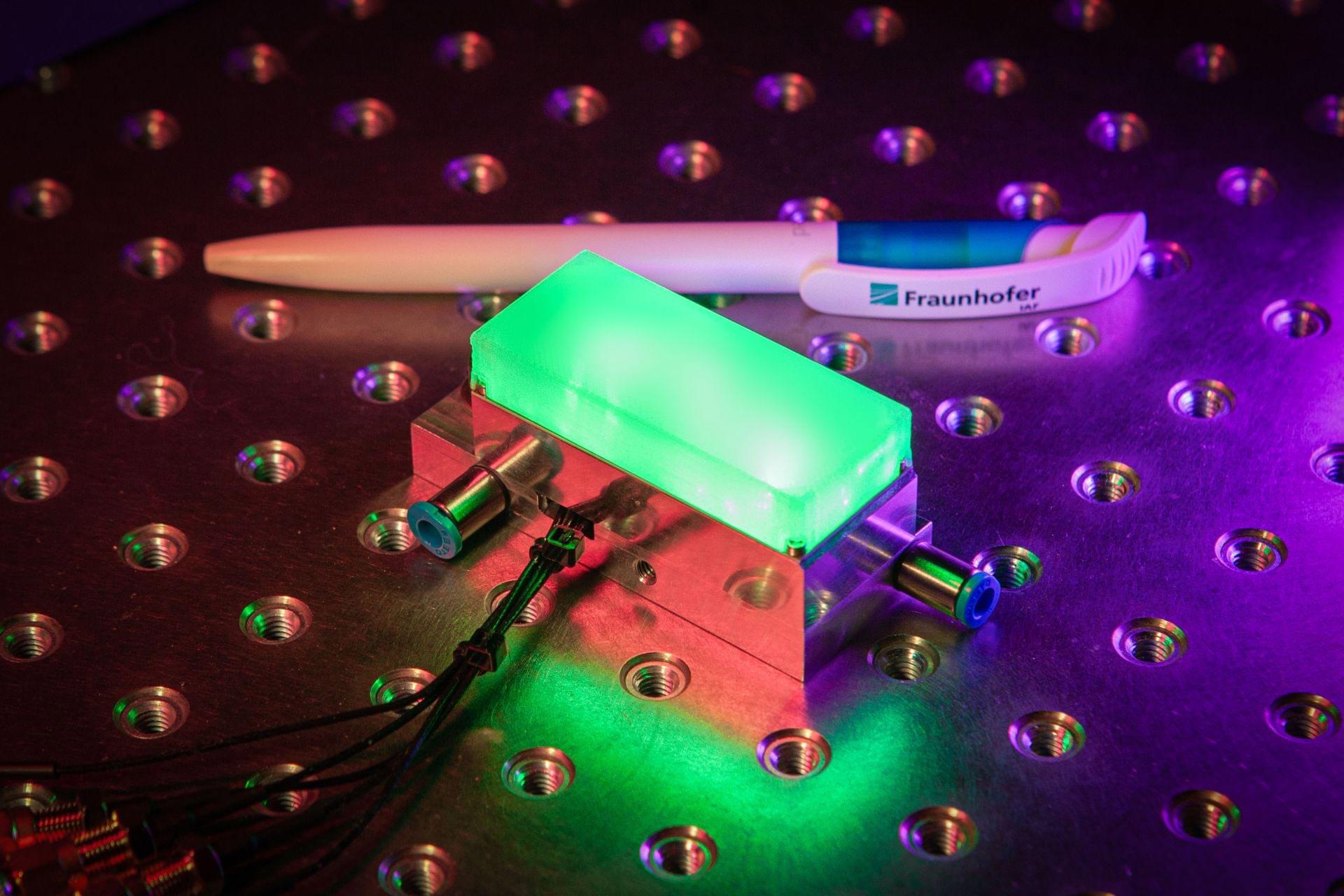
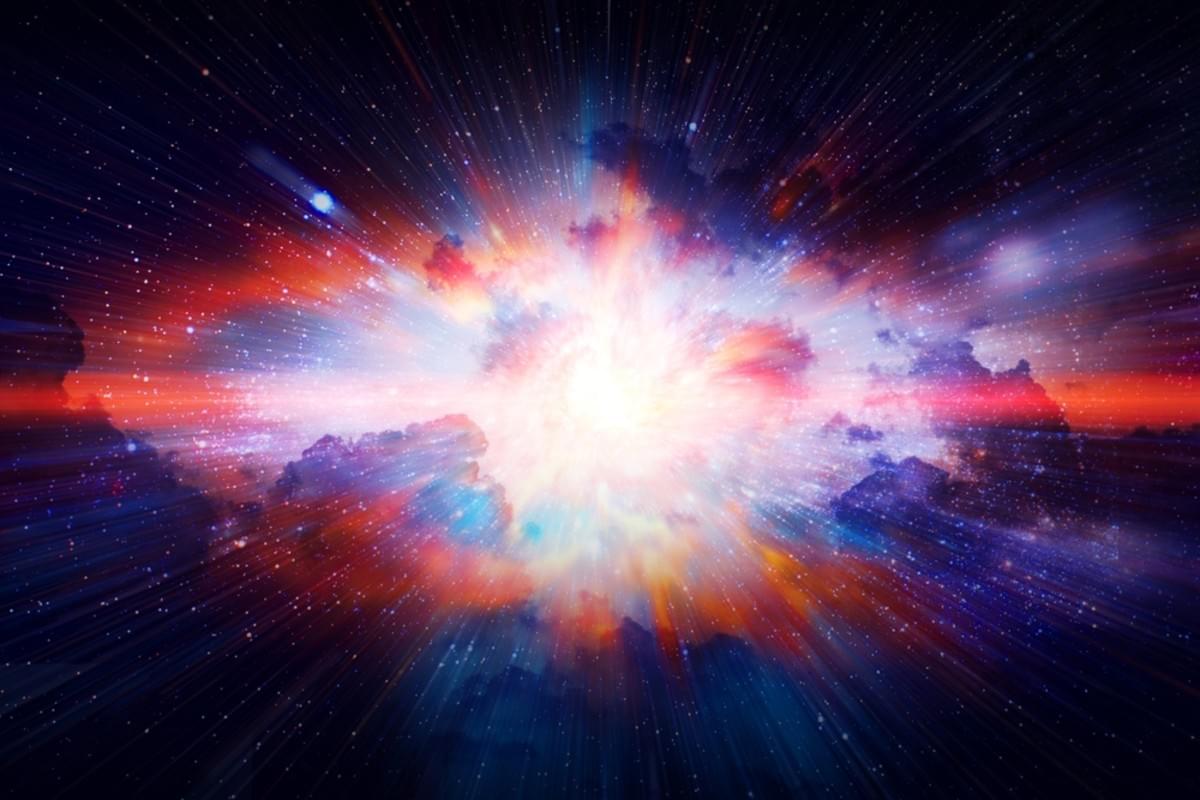
Space colonization isn’t about abandoning Earth—it’s about transforming it. Discover how expanding into space can drive innovation, sustainability, and prosperity right here on the ground.
Watch my exclusive video Fishbowl Starships — Water As Shielding — https://nebula.tv/videos/isaacarthur-fishbowl-starships-water-as-shielding.
Get Nebula using my link for 40% off an annual subscription: https://go.nebula.tv/isaacarthur.
Get a Lifetime Membership to Nebula for only $300: https://go.nebula.tv/lifetime?ref=isaacarthur.
Use the link https://gift.nebula.tv/isaacarthur to give a year of Nebula to a friend for just $36.
Visit our Website: http://www.isaacarthur.net.
Join Nebula: https://go.nebula.tv/isaacarthur.
Support us on Patreon: https://www.patreon.com/IsaacArthur.
Support us on Subscribestar: https://www.subscribestar.com/isaac-arthur.
Facebook Group: https://www.facebook.com/groups/1583992725237264/
Reddit: https://www.reddit.com/r/IsaacArthur/
Twitter: https://twitter.com/Isaac_A_Arthur on Twitter and RT our future content.
SFIA Discord Server: https://discord.gg/53GAShE
Credits:
How Colonizing Space Benefits Earth: The Ground-Level Gains of a Galactic Future.
Episode 726.1; June 22, 2025
Written, Produced & Narrated by: Isaac Arthur.
Graphics: Bryan Versteeg, Jeremy Jozwik, Sergio Botero.
Select imagery/video supplied by Getty Images.
Music Courtesy of Epidemic Sound http://epidemicsound.com/creator.
0:00 Intro — What Space Isn’t.
3:59 The Limits of Exploration.
6:58 Real Reasons Space Helps Earth.
15:50 The Earthly Feedback Loop.
20:58 A Better Earth, Among the Stars.

Texas Governor Greg Abbott has signed Senate Bill 21 (SB21), officially authorizing the creation of the Texas Strategic Bitcoin Reserve, a state-managed fund that will hold Bitcoin as part of the state’s long-term financial assets.
The newly established reserve operates independently of Texas’ general treasury system and aims to strengthen the state’s financial resilience while serving as a potential hedge against inflation, according to the bill text.
Furthermore, only assets with a market capitalization exceeding $500 billion are eligible for inclusion, a threshold currently met only by Bitcoin (BTC).
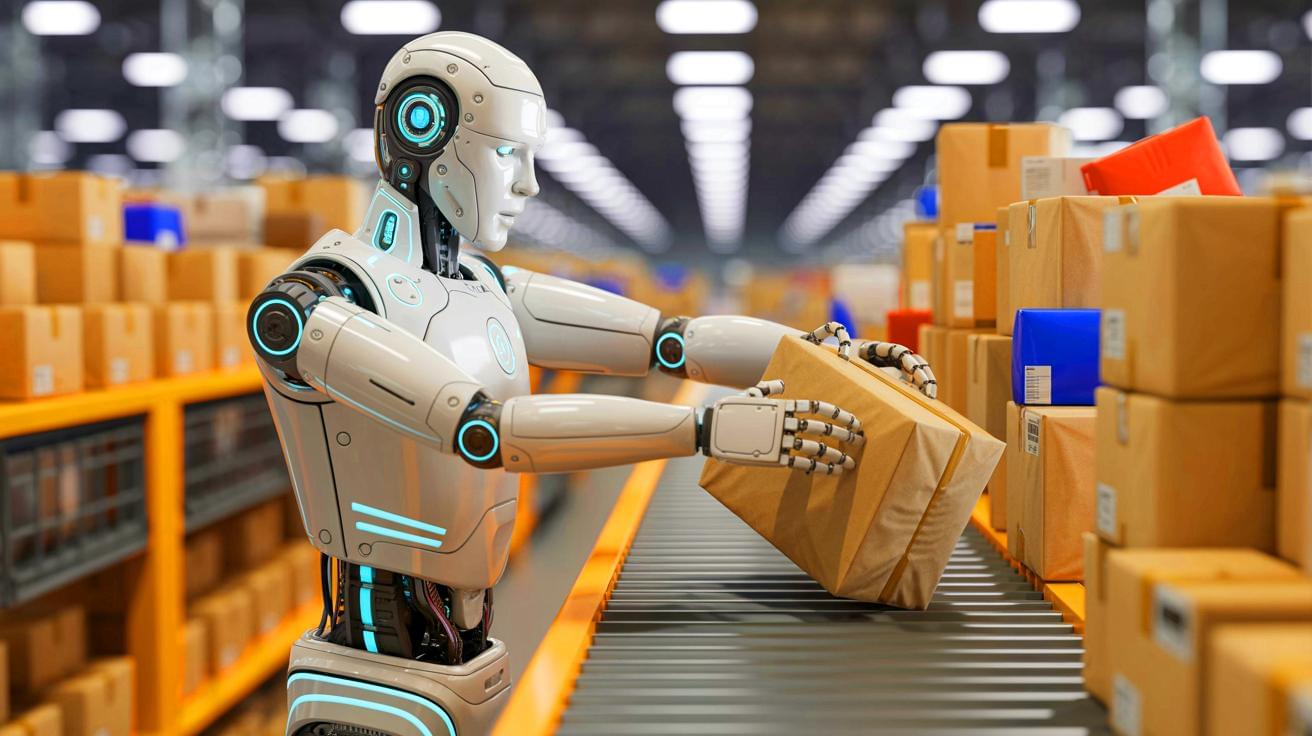
IN A NUTSHELL 🤖 Figure 02 robot achieves near-human package sorting skills with a 95% scanning success rate. 🚀 Powered by the Helix visuomotor system, the robot processes packages in just over four seconds. ✨ Integration of short-term visual memory and force feedback enhances adaptability to various parcel types. 📦 Figure 02’s advancements indicate a
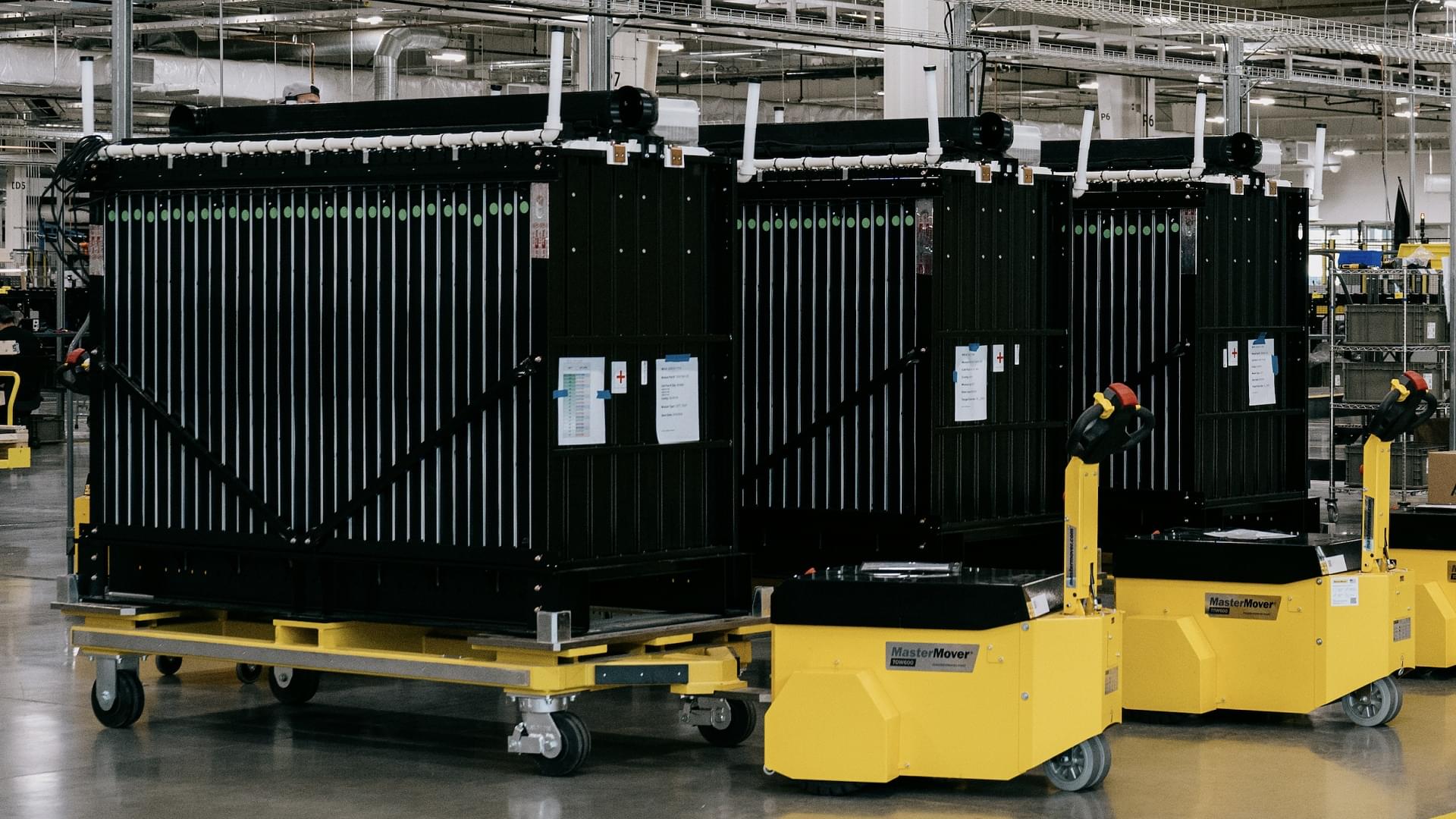
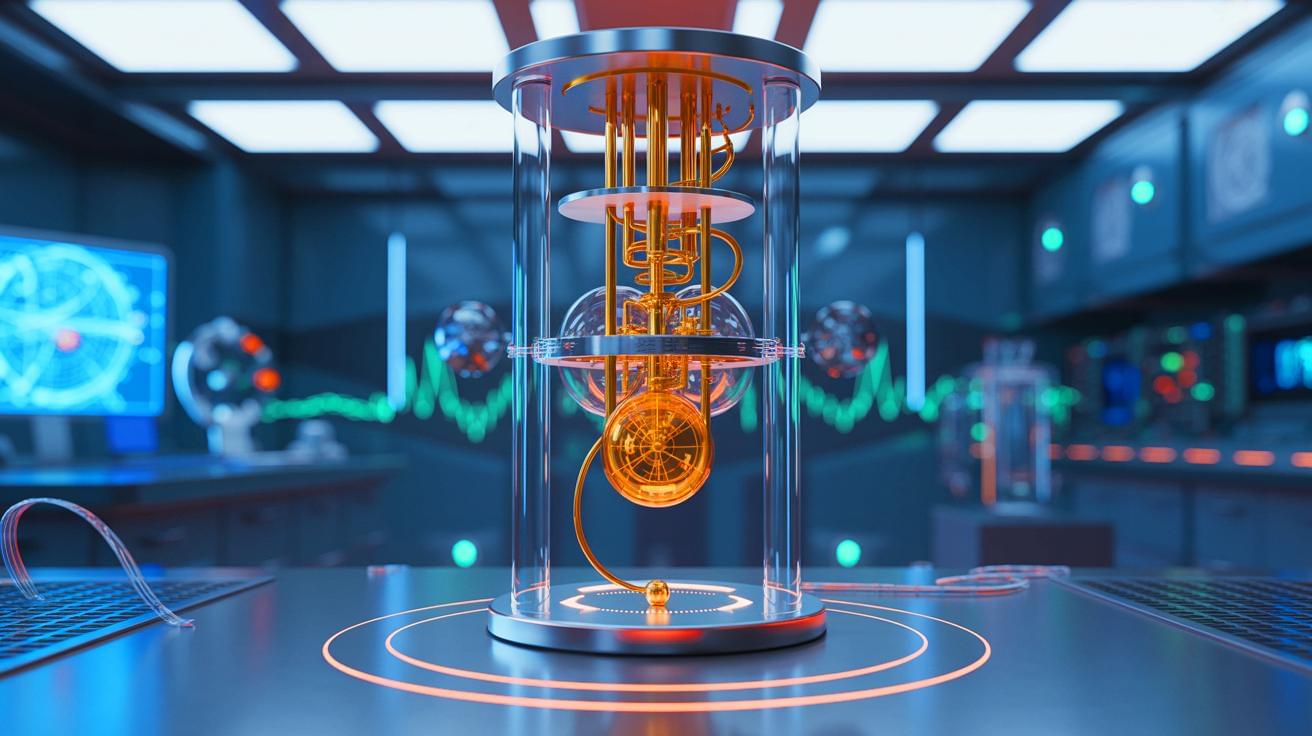
IN A NUTSHELL ✨ Scientists developed a new quantum clock that achieves extraordinary precision with reduced energy consumption. 🔬 The clock operates on the principle of coherent quantum transport, minimizing energy loss by avoiding constant measurement. 💡 This innovation could significantly impact quantum computing and other technologies requiring precise synchronization. 🌍 Researchers are building prototypes
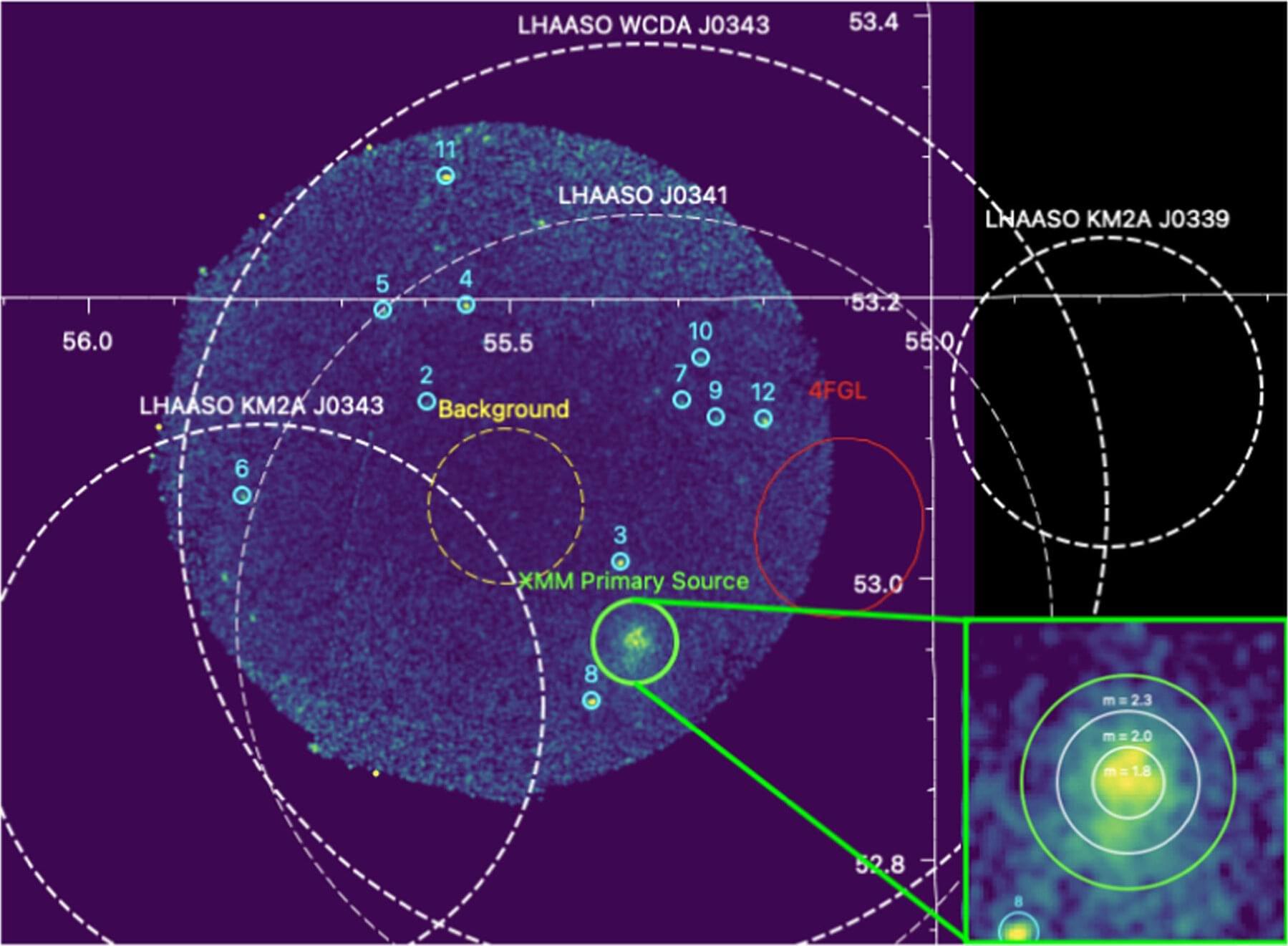
New research published by Michigan State University astrophysicists could help scientists answer a century-old question: Where did galactic cosmic rays come from?
Cosmic rays—high-energy particles moving close to the speed of light—originated from somewhere in the Milky Way galaxy and beyond, but exactly where has been a mystery since they were discovered in 1912. Shuo Zhang, MSU assistant professor of physics and astronomy, and her group led two studies that shed new light on where cosmic rays might have come from. The recently published findings were presented at the 246th meeting of the American Astronomical Society in Anchorage, Alaska.
The sources of these high-energy, fast-moving particles could bear the nature of black holes, supernova remnants and star-forming regions. These extreme astrophysical events are also known to produce neutrinos—tiny, nearly massless particles that are found in abundance not only deep in space, but also on our planet.

The Space Renaissance 4 All Gallery (www.sr4allgallery.com) is an international initiative, to carry a Science-Technology-Art-Partnerships payload into lowEarth orbit, where it will circle the planet before returning for scientific study and public engagement. The Gallery is inside Nyx capsule of The Exploration Company that is scheduled to launch aboard a SpaceX Falcon 9 from Vandenberg Base, California on 22June 2025 23:15 CEST, orbit Earth, reenter the atmosphere and return intact — making its payload available for scientific and technical evaluation, museum exhibitions, and public outreach. It was initiated by LUNEX CEO and SRI President Prof. Bernard Foing (former ESA Chief Scientist and lead of first ESA lunar mission SMART1). “This is not just a technological mission. It is a Space Renaissance for All statement,” said Prof. Bernard Foing. “Together with MoonMars and our partners, we are creating a human-centric space future that carries our stories, our knowledge, and our spirit.”
“We have developed a space payload to celebrate the values and goals of SRI Space Renaissance, LUNEX and partners. It is using spare from ISS Expose astrobiology tray own 2009−2010” says Bernard Foing. “The gallery contains: Science samples from NASA Ames and Universities (astrobiology, soils and rocks from Earth, meteorites from Moon, Mars, asteroids); Artscience pieces from ArtMoonMars, MoonGallery, MoonMars Museum, SRI; a Digital library of documents, images and music; a Tribute to 40 partners of Space SDG18 and LUNEX.”
“It is really exciting, for us of Space Renaissance International, to see this beautiful program coming to its goal: reaching orbit and re-entering to Earth on a critical test mission! Space Renaissance 4 All was of great inspiration also during the 3rd National Congress of Space Renaissance Italia, that we celebrated a few days ago in Catanzaro, at the Magna Graecia University!! Thanks to all participants, to the Exploration Company and all the Sponsors of this fantastic venture into space! Long live to Space Renaissance, long live to Space Art and Space Artists!” says Adriano V. Autino, SRI CEO and Founder.